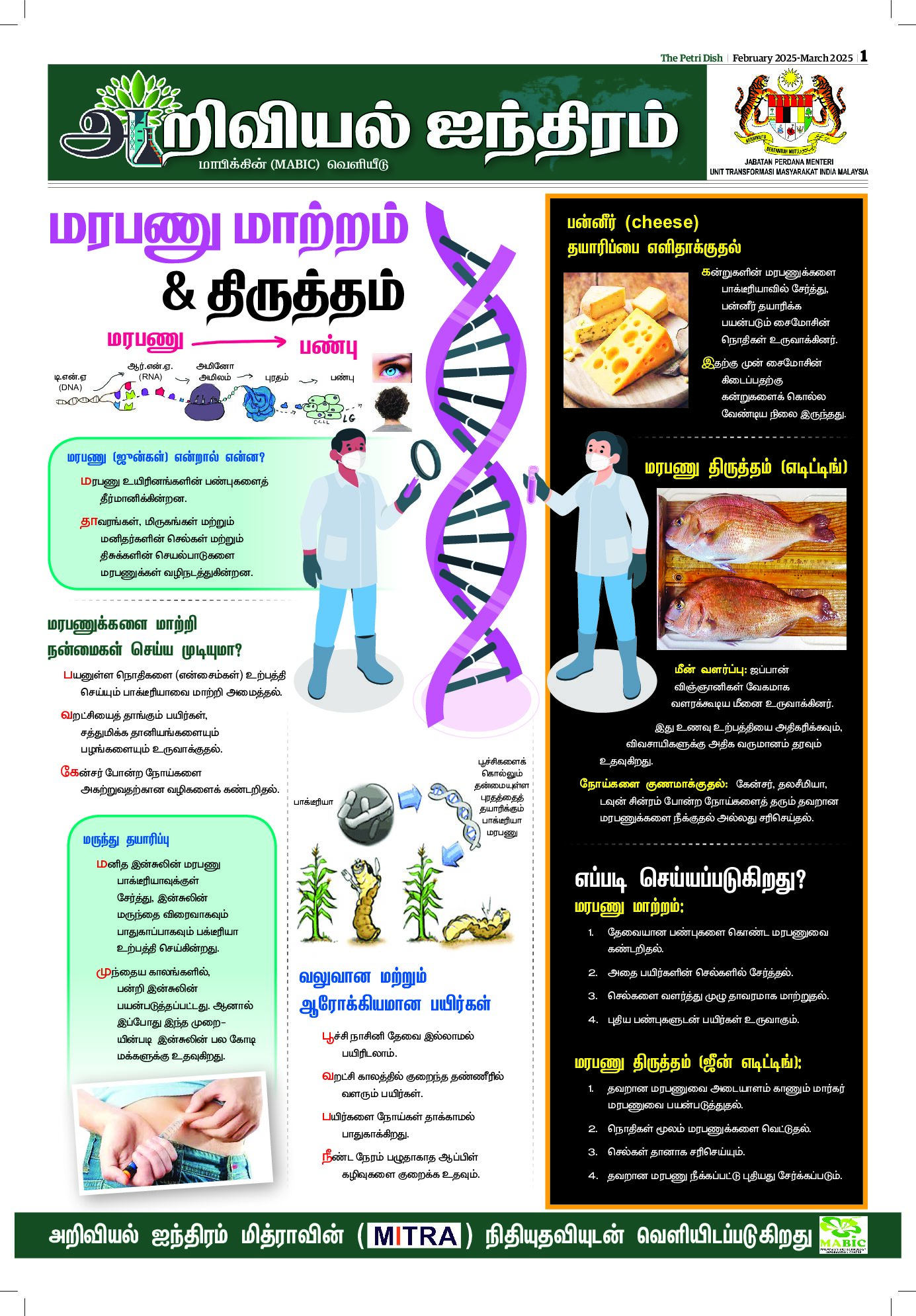Early detection and access to medical professionals who can help maintain a patient’s body fluid volume is critical for survival – reducing disease mortality from 20 per cent to less than one per cent, according to the World Health Organisation (WHO).
This has prompted a group of scientists from Hospital Kuala Lumpur and Universiti Teknologi MARA in Malaysia to build a model that predicts the possibility of death from severe dengue as early as possible.
Physician Saiful Safuan Md Sani, his team at Hospital Kuala Lumpur, and emergency medicine doctor Julina Md Noor reviewed 199 cases of patients diagnosed with severe dengue.
They investigated the lab results of their blood samples and came up with 21 possible models to predict the likelihood of death based on different combinations of biological markers.
Ultimately, they found that the blood levels of bicarbonate and the liver enzyme alanine transaminase (ALT) were the best indicators for predicting the possibility of death as soon as severe dengue is diagnosed.
The team was able to use its findings to develop a mathematical equation that measures the odds of death based on these two indicators along with age and gender.
The next step is to test the model in other populations and regions to validate its accuracy. “To confirm the model’s accuracy, we need to apply this equation in a prospective manner to patients who have not already been diagnosed with severe dengue,” says Md Noor.
“Early identification of at-risk patients will alert the attending doctors to provide the patient with more vigilant care, such as moving them to the intensive care unit.” During the course of their research, the researchers found that 38.9 per cent of the patients diagnosed with severe dengue still had a fever, which is unusual based on the conventional understanding that severe dengue only develops after the fever breaks.
Interestingly, patients who were diagnosed during the fever stage were more likely to survive than those who developed symptoms later. The importance of timing of severe dengue onset also needs to be further explored, the researchers note. – ResearchSEA










